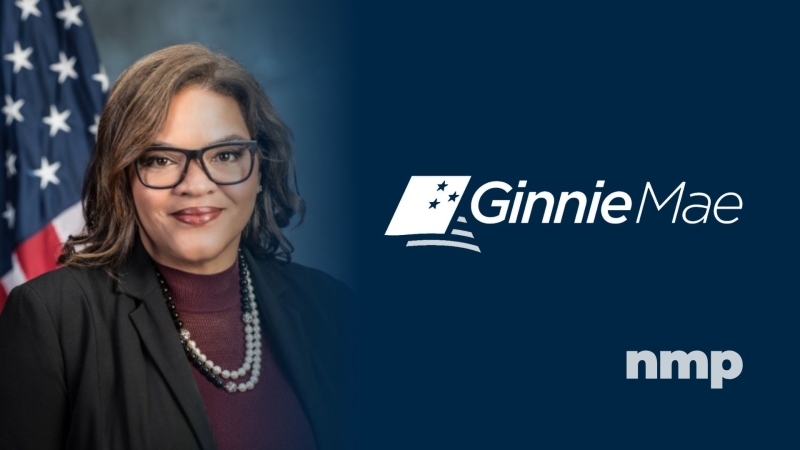Advertisement
FHA: Questions and answers
Landing the jobJoe Cornointerview, cover letter, resume, biography, skills
I had readers e-mail me and request ideas for "getting the
interview." In a prior article, I listed five main steps to
securing the interview. However, I find that the best way to
interview is to be yourself. Be open, honest and not afraid of
letting the potential employer know who you are. You are only
uncomfortable when you do not act like yourself. I told the
potential employer who I was, where I was employed presently and
that I wanted to find out about his company. I did not need to go
undercover; I acted like myself. I will list the five elements here
to start the process of securing new employment. They do get you
the interview, and that is a great start.
1. Lift key words and phrases from the job posting and place the
same or similar-meaning words in your cover letter, resume and
biography. Yes, I said "biography." This was not in my previous
article, but does give you an edge over the competing candidates.
Be sure to repeat the key words and phrases when filling out the
narrative portion of the application.
2. List strong skills frequently. It indicates consistency, and
employment software, along with hiring personnel, will see your
skills in past and present positions. It creates a parallel concept
with the position when the skills listed match the job duties and
description.
3. When the application process requests how you heard of the
opening, list "company employee" or "employee referred." This is
the highest grade that the interviewing personnel use in comparison
to "want ad," "Web-based search" or "headhunter." Your goal is to
obtain the interview so that you have a shot at the position.
4. Use local addresses or phone numbers if you are applying from
a distance. Employers do not wish to cover moving expenses or worry
about you building up in a new area. Use a relative's local address
or phone number. In the worst-case scenario, rent an address from
an address rental company. Be sure to modify your resume for the
local logistics.
5. This may be the best atypical approach in securing the
position. Call them first, or drop by the company and ask if the
application is being processed. The lecture of waiting for the
employer to get back to you is prehistoric in today's industry.
Employers want self-motivators who are organized and follow
through. These characteristics make themselves evident when you
call or visit the company about the application process. You want
to know the status, anyway.
Employers want to see the predator in the applicants, rather
than the sheep that just follow the herd. However, it is not the
"squeaky wheel," but the continued supplying of value assets, that
benefits the application. Let us explore this concept much deeper.
Purposely leave out some added values from the resume and
biography. Let's say that you have written a book. Bring that forth
the next time you communicate with them, prior to being selected or
interviewed--possibly a certification or notary license that could
be absent from the application, which you could submit in between
the application and interview stage.
After securing the interview, no one can make the close for you.
The interview is the time to be the person you really are. Do not
fake it. Tell them who you are, what you represent and what value
assets you bring to the position. It is up to you to close the
deal.
Whenever you are given the lead to control the discussion, take
control and conclude in a few sentences. One way is to assume
closure on the position. Talk in the interview as if you have
already been given the job. Discuss strategy and plans as if the
position has been offered to you. After all, it has--somewhat. The
position is yours if you can succeed in making the position yours
in the interview.
If the position does not fit, you want to know at this stage, as
well. Ask permission to take notes, and take notes if you are
permitted to do so. This indicates commitment and saves time by
avoiding the readdressing of items. You need the notes for another
atypical practice that will blow the competition out of the
waiting-room doors. Be sure to take paper and a pen in with you
(pen, not pencil, so that you indicate absolute resolve in getting
it right the first time around).
If you are not permitted to take notes, as soon as you leave,
write down what you remember of comments made and discussions had
in the interview. Do it as soon as you get to your car. Do not turn
on your phone or go to lunch before noting all that you can
remember from the interview. You are going to communicate with them
yet another time that no one else will.
You now can send in a summary of the interview. This is an
unexpected opportunity to have the interviewer review the
discussion and highpoints of the interview. Watch body language and
positive comments from the interview and make sure those points
that caused such reactions are in the summary. Make the summary a
page to a page and a half in length, using normal business
language. Send it the next day via e-mail or U.S. mail.
Don't overlook spelling. Use spelling and grammar checks, reread
the text at least three times before sending it and refrain from
any slang terms or self-congratulatory remarks. Use short
paragraphs, listing the skills or experiences that pleased the
interviewer. In the final paragraph of the interview summary,
create yet another opportunity to be in contact. State that you
will call in a few days to make sure that you covered every key
point of the interview.
If communication skills are an important element in the job
description, you have nailed this skill better than any other
candidate. Be sure to obtain e-mail data before leaving the
interview so that you can send the summary. When you are
continually supplying added value, it is your job, if you want
it.
Joe Corno is president of Utah-based We Be Consulting and
Seminars. He may be reached at (801) 836-2077 or e-mail [email protected].
About the author





